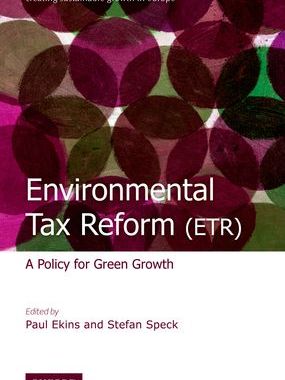Tax Reform in Europe: long-term implications for the environment, eco-innovation and household distribution
- Project
- Duration
-
-
Environmental tax reform is seen by many experts as a powerful instrument to achieve environmental objectives and at the same time create economic benefits. It may also contribute to a stable basis for public finance. A study commissioned by the European Environment Agency looked into the effects such a reform could have when implemented at a larger scale throughout Europe.
The basic idea of environmental tax reform is to increase taxes on environmental resources or energy while lowering the tax burden in other areas, such as labour. According to the principle of "tax bads, not goods", this is expected to reduce resource use and environmental pollution while stimulating employment and innovation. Another rationale is to provide a stable base for public finance in the coming decades: due to demographic change, the revenue from labour taxes is projected to decrease, while pension and health expenses will rise.
The study analysed the potential effects of a substantial tax reform in Europe that follows these principles. It used a combination of literature review, modelling and expert consultation. The focus was on (A) the potential of the proposed tax reform to stimulate eco-innovation, (B) its distributional impacts and (C) its legal and political feasibility and social acceptance. Ecologic Institute specifically contributed to task B with a literature review on distributional implications. Task C was supported by Ecologic Institute with a survey of selected experts from Germany, as well as an assessment of possibilities for greater harmonisation of environmental tax reforms across the EU, in particular through enhanced cooperation and the Open Method of Coordination.







